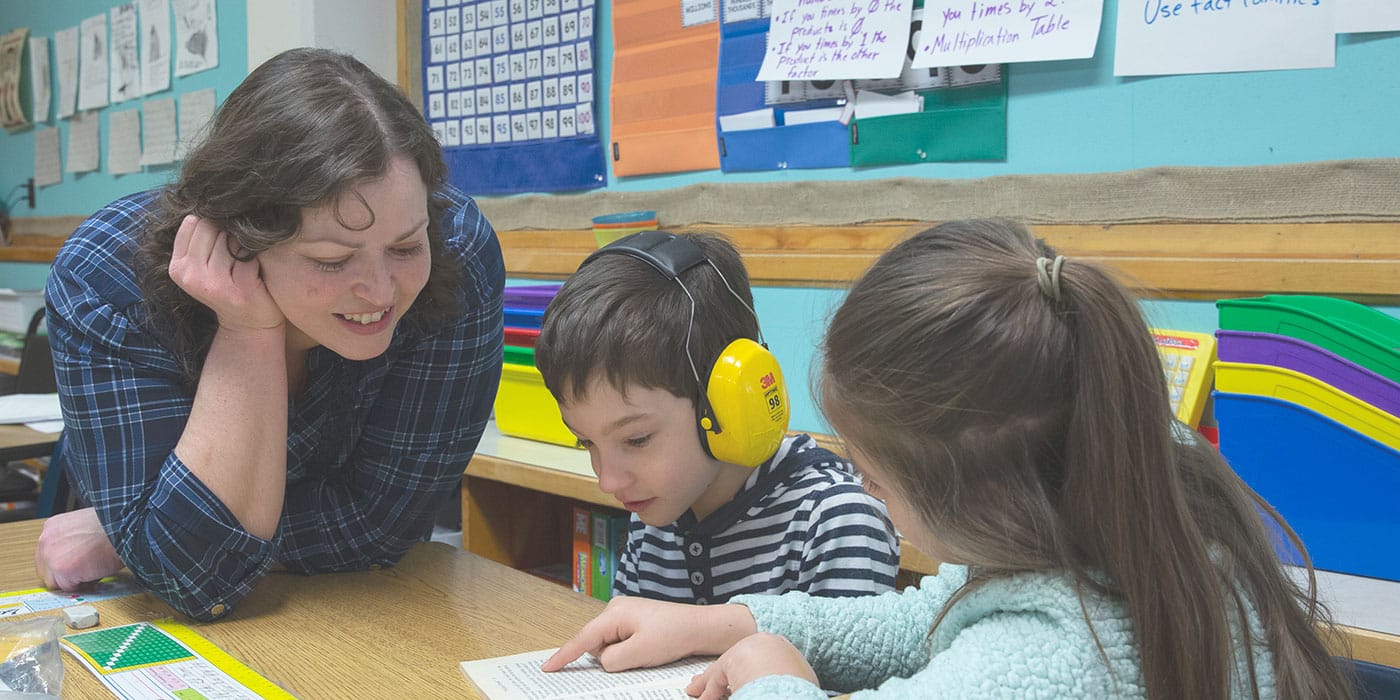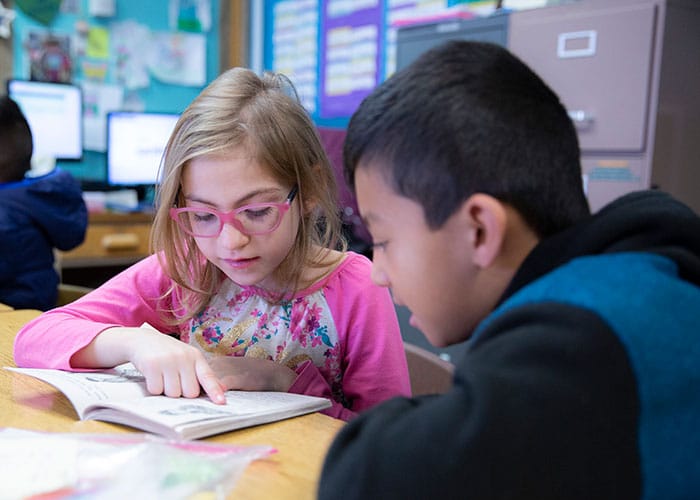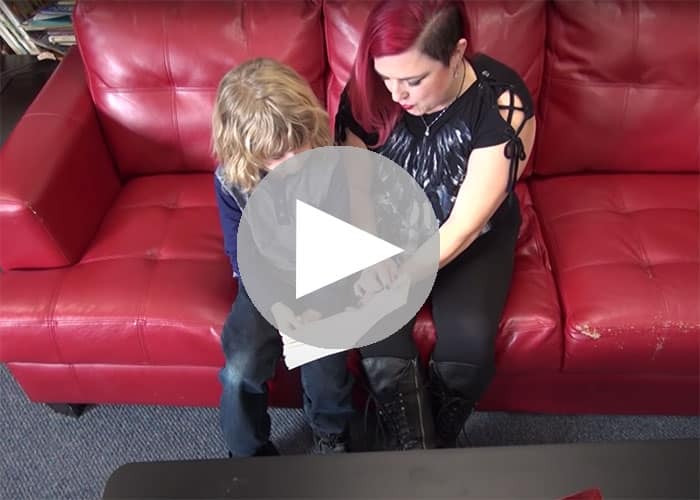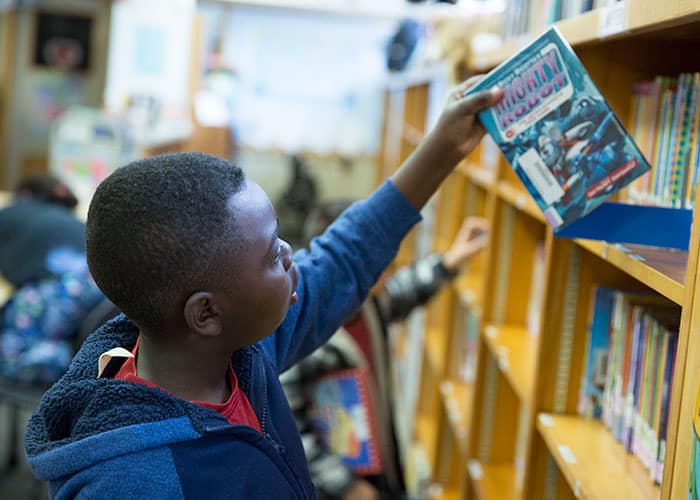
Dyad Reading: A method used to help students improve their reading, in which the person learning to read is paired with a more successful reader and they strategically read aloud together.
What is Dyad Reading?
The dyad reading method is one way of reading with your child. It is based on research and shown to help students grow their reading abilities. Plus, it's also a fun way to bond with your children as you teach them.
How to Dyad Read:
1. Share one book and sit side by side
2. Both read aloud – The adult a little louder and faster
3. Track with one finger beneath the text
4. Keep eyes on the words
5. Write down unknown words and talk about them
6. Have fun!
“Dyad reading is like a weight-lifting workout. Your child is lifting the weights and you are spotting them. Over time they gain strength. My own daughter has been DYAD reading together with my husband. This activity has strengthened her reading skills as well as her relationship with her dad as they have found something that they enjoy together."
Daisy Reyes
3rd Grade Teacher
Gifted Spanish Dual Immersion
Resources
Building Readers- USBE Handbook
Learn more about dyad reading and discover fun activities in USBE's dyad reading handbook.
Bring Dyad Reading Workshops to Your School
Teach other parents at your school or in your community how to dyad read with their child. Hosting a dyad reading workshop is a great way to help students avoid summer learning loss and support their learning year-round.
Host a dyad reading workshop with the following materials:





 1. Engage families to partner in school decisions, policies, and student learning
1. Engage families to partner in school decisions, policies, and student learning  1. Strengthen relationships between school day staff and out-of-school providers
1. Strengthen relationships between school day staff and out-of-school providers 1. Align, coordinate, and hold external partners accountable for responding to the needs identified by schools, students, and the community
1. Align, coordinate, and hold external partners accountable for responding to the needs identified by schools, students, and the community
 The staff at United Way of Salt Lake, the umbrella organization for the Promise Partnership, puts their expertise to work supporting schools. Our cumulative knowledge means we bring experience to the table and can offer assistance in:
The staff at United Way of Salt Lake, the umbrella organization for the Promise Partnership, puts their expertise to work supporting schools. Our cumulative knowledge means we bring experience to the table and can offer assistance in: